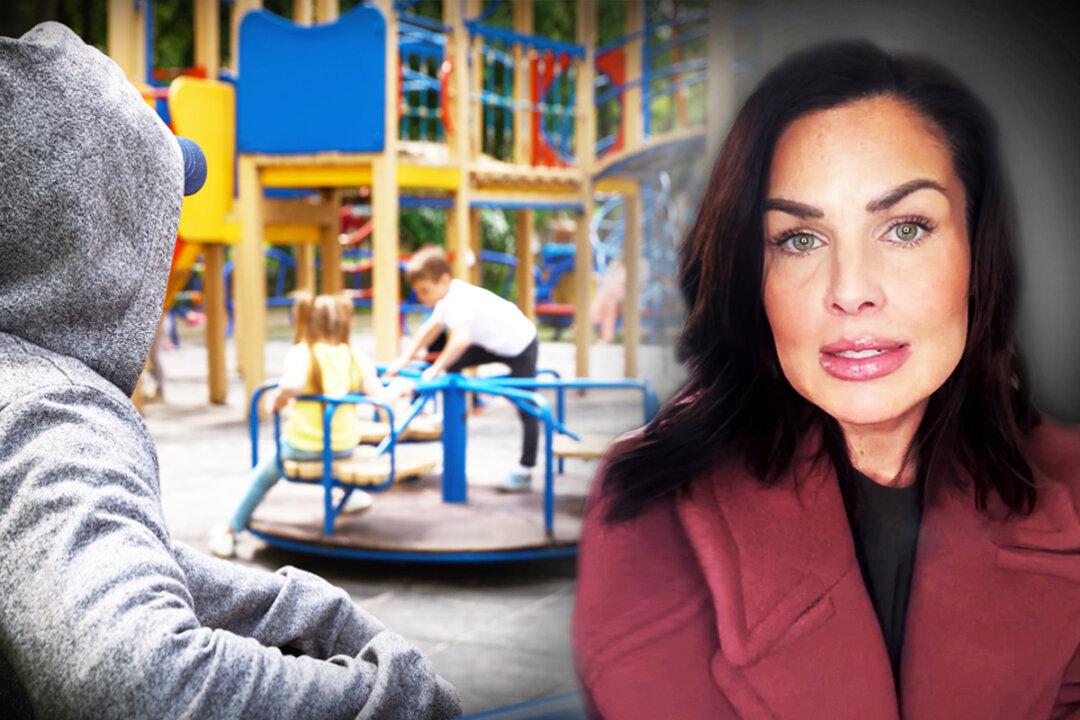A psychologist and mom of two who has worked with convicted pedophiles for years is sharing her wisdom with other parents to help them protect their children.
Leslie Dobson, 41, is a clinical and forensic psychologist from Canada who runs her practice out of Long Beach, California, where she lives with her husband and children. She has a 7-year-old daughter and a 2-year-old son. Ms. Dobson specializes in working with sexually violent predators, violence risk assessments, trauma, and civil litigation and testifies as an expert in matters of emotional damage from personal injury.





